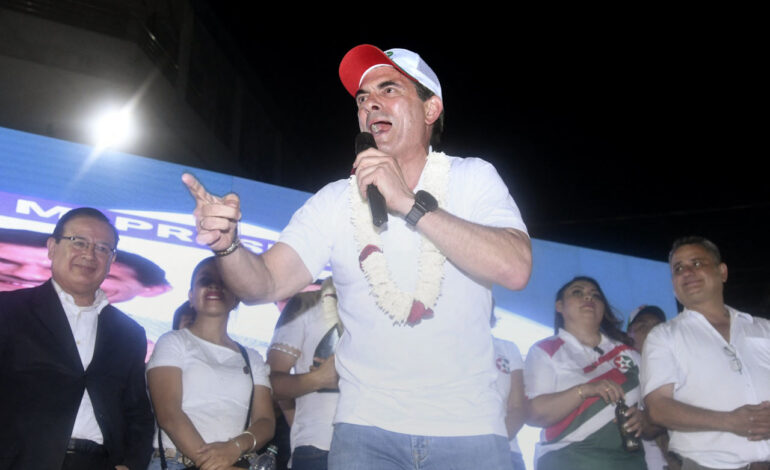Bolivians Elect Market-Friendly Leaders, Ending Socialist Rule

Bolivian voters have decisively shifted their political landscape by electing market-friendly candidates, effectively ending over two decades of socialist governance. This significant change comes in response to widespread public dissatisfaction driven by soaring inflation and persistent fuel shortages that have plagued the nation.
In the elections held on October 22, 2023, voters expressed their frustration with the outgoing socialist administration, which has been criticized for its handling of the economy. The new leadership, which promises to prioritize economic reforms and stabilize prices, reflects a growing demand for change among the electorate.
Impact of Inflation and Shortages
The economic challenges faced by Bolivians have reached a critical point. Over the past year, inflation has surged, with reports indicating an annual rate exceeding 12%. Meanwhile, fuel shortages have disrupted daily life, leading to long lines at gas stations and increased transportation costs. These issues have fueled public anger and dissatisfaction with the current government’s policies.
According to the National Institute of Statistics (INE), the rising prices have severely impacted low-income families, making basic necessities increasingly unaffordable. Many voters voiced their concerns about the economic climate during the election campaign, emphasizing the urgent need for actionable solutions.
New Leadership’s Promises
The newly elected leaders, who advocate for free-market policies, have pledged to implement reforms aimed at revitalizing Bolivia’s economy. They plan to attract foreign investment, reduce state intervention, and streamline regulations to create a more favorable business environment. The electoral victory signals a clear mandate from the populace for a fundamental shift in economic direction.
Maria Elena Montano, a prominent economist and advisor to one of the winning candidates, stated, “The electorate is demanding practical solutions to their economic woes. It is essential that the new government prioritizes fiscal responsibility and works to stabilize prices.”
Voters are hopeful that these changes will lead to improved living standards and greater economic opportunities. The new administration faces the challenge of addressing the immediate needs of the population while laying the groundwork for long-term economic growth.
As Bolivia embarks on this new path, the world will closely monitor the effectiveness of the incoming leaders in implementing their proposed reforms. The outcome of this election may set a precedent for similar movements in other nations facing economic challenges.
In conclusion, the recent elections in Bolivia mark a pivotal moment in the country’s history. With a clear rejection of the socialist policies that have dominated for decades, the electorate has signaled its desire for change and progress. The upcoming months will be crucial in determining whether the new leadership can deliver on its promises and restore economic stability for all Bolivians.






